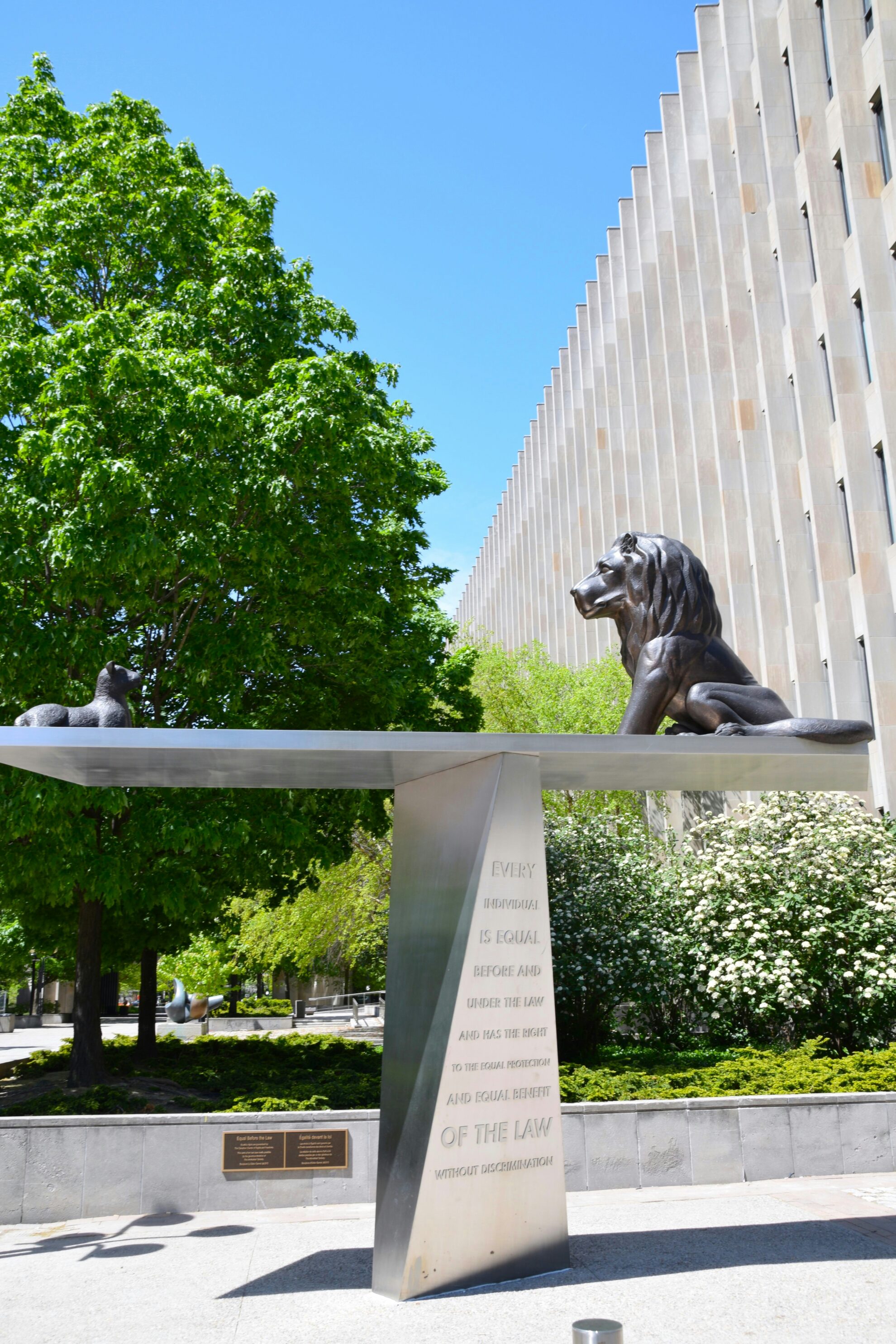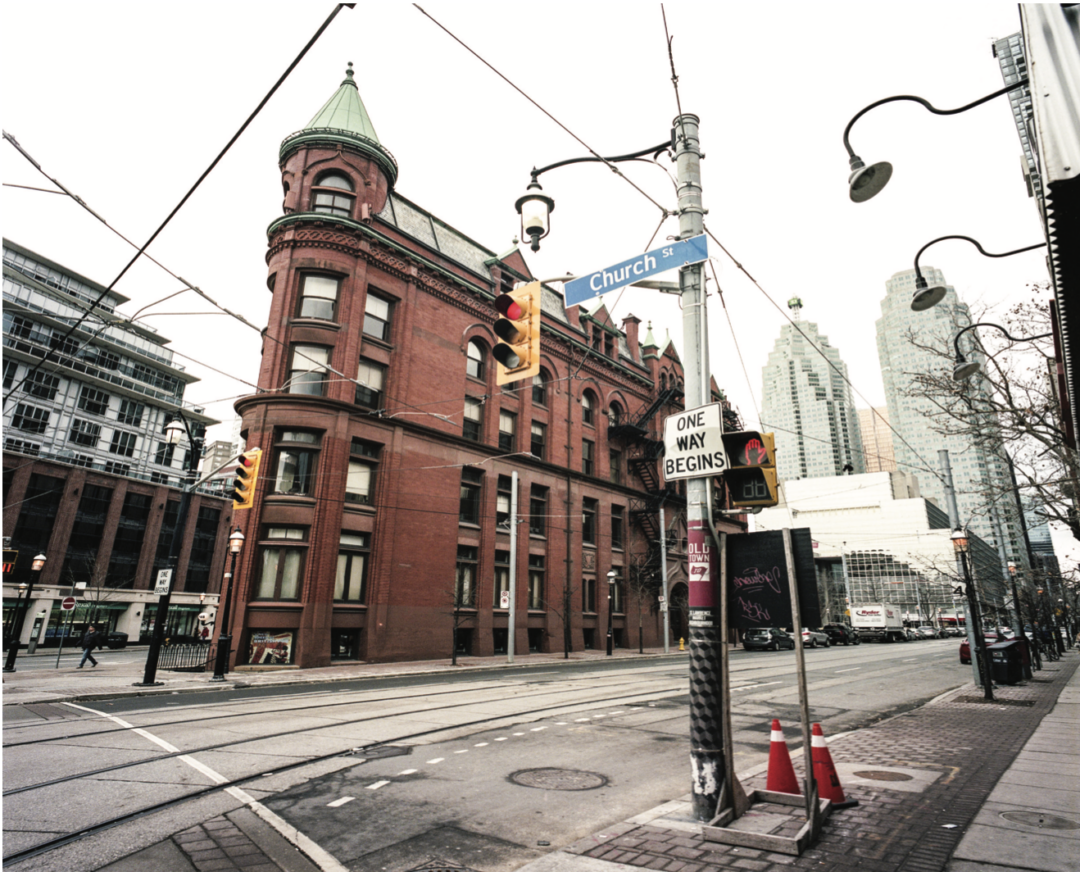By MPP Kristyn Wong-Tam
Ontario’s justice system is in freefall. Those accused of violent crimes are back on the streets and the Doug Ford government is letting it happen.
Just ask Cait Alexander and Emily Agar, who recently joined me at Queen’s Park to demand that Premier Ford take responsibility and fix the crisis. Criminal cases in which they were victims of physical assault and rape were thrown out due to trial delays and court backlogs.
In July 2016, the Supreme Court of Canada ruled in R. v. Jordan (known as the Jordan Decision) that a maximum reasonable delay to trial is 18 months for provincial cases and 30 months for Superior Court cases.
Two work acquaintances were at Emily Agar’s home in 2022 when she went to bed. She awoke to the male acquaintance sexually assaulting her. She reported the crime to police, who investigated and charged her rapist. This is when her second nightmare began.
After several delays due to court staff shortages, the trial began in July 2023 with Agar facing cross-examination. The next available dates to resume were on November 8 and 9. But on November 2, she was informed that the trial would not proceed and the judge ruled that the accused’s right to a timely trial had been violated. Ms. Agar crumbled, as she will never get justice from Ontario’s broken court system.
Cait Alexander’s prolonged court experience traces the same patterns. In 2021, Alexander’s ex-boyfriend beat her nearly to death. A 20-year career police officer said it was one of the worst cases of domestic violence she had ever seen.
Alexander has PTSD, scars on her body and a head shape forever altered. She’s still seeing a therapist, Her trial was canceled twice due to courtroom and staff shortages, and eventually the legal clock ran out. The multiple charges against her abuser were stayed; today he walks free in his Leaside community despite nearly killing her.
Under the Ford government, underfunding and understaffing of Ontario’s courts has led to an unprecedented crisis, marked by staggering caseloads and protracted delays in case disposition. Ramifications of this crisis extend beyond mere administrative inefficiencies, permeating every facet of the justice system and profoundly affecting individuals awaiting trial, victims, and society at large.
When the Supreme Court of Canada created a new framework under the Canadian Charter of Rights and Freedoms to ensure that trials would be held within a reasonable time, it was not the court’s responsibility to compensate for the Ontario government’s mismanagement of the court system through chronic underfunding and understaffing. The administration of justice – including court forms and procedures, court hours and court filing matters – is the full responsibility of the Ministry of the Attorney General .
Although there have always been case backlogs, we had not seen such a dire crisis until the election of 2018 when the Ford government took over the administration of justice. Cases are now routinely dropped because courtrooms are double-booked, or trials canceled the day they’re scheduled to proceed because of inadequate staffing. Ontario’s 2024 budget now going through a committee makes no mention of new funding to improve the under-resourced bail system or clear the record case backlogs in the civil and criminal courts or adjudicative tribunals.
Tribunals are less formal and officially a faster channel of specialized justice addressing matters such as landlord/tenant disputes. Yet, as pointed out by the independent, non-partisan watchdog Tribunal Watch and the Ombudsman accountability office, the tribunal system is facing its own serious crisis due to mismanagement, underperformance and controversial judicial appointments of Conservative Party insiders with little to no background in the relevant fields of law. The Landlord and Tenant Board alone has 53,000 backlogged cases.
The ramifications of criminal charges being stayed or dismissed are profound, particularly for serious offenses such as sexual assault, human trafficking, impaired driving and child sexual abuse. Recent examples in Ontario illustrate the real-world impact of delayed justice and the release of dangerous offenders on victims, survivors, communities and the broader justice system.
The backlog crisis in Ontario’s courts – coupled with extraordinarily high rates of pretrial detention, gross deficiencies in bail supervision, and fallout from the Jordan decision – poses profound challenges to the administration of justice and public safety. Urgent action is needed to address systemic deficiencies, enhance court efficiency, and restore public confidence. With comprehensive reforms including funding to ensure adequate staff levels and prioritizing the rights of victims and accused individuals alike, Ontario could navigate the backlog crisis, uphold the principles of justice, and safeguard the well-being of communities.
Premier Ford’s tough-on-crime rhetoric amounts to little when serious criminal cases can’t get to trial. Things will only worsen until he musters the political will and funding to fix our courts. Victims and survivors will be let down, and accused people will forever carry the shame of the crime they are accused of without their day in court. A long-held legal maxim, “Justice delayed is justice denied,” rings louder today in Ontario than ever.
Kristyn Wong-Tam is MPP for Toronto Centre and the Official Opposition critic for the Ministry of the Attorney General.




